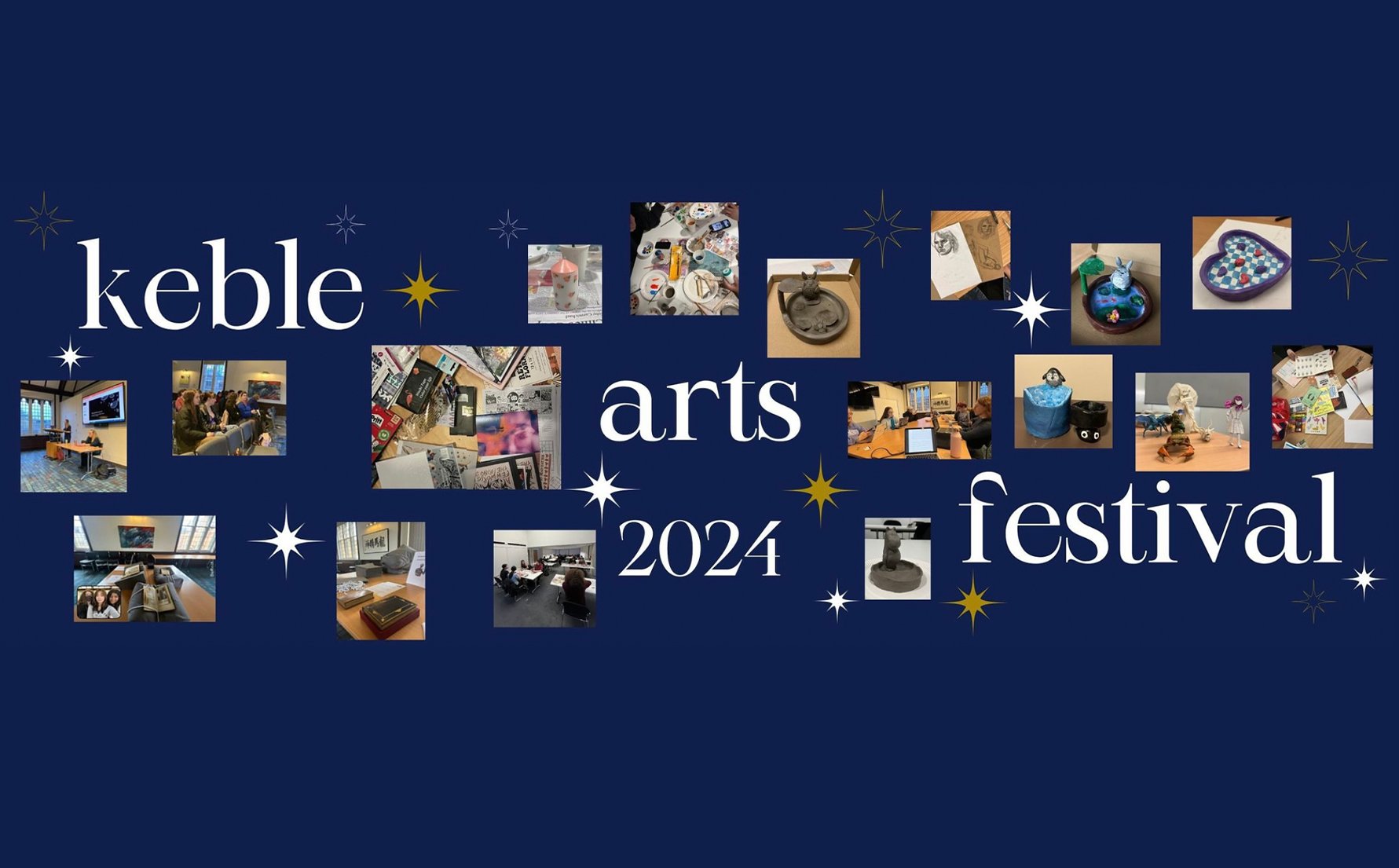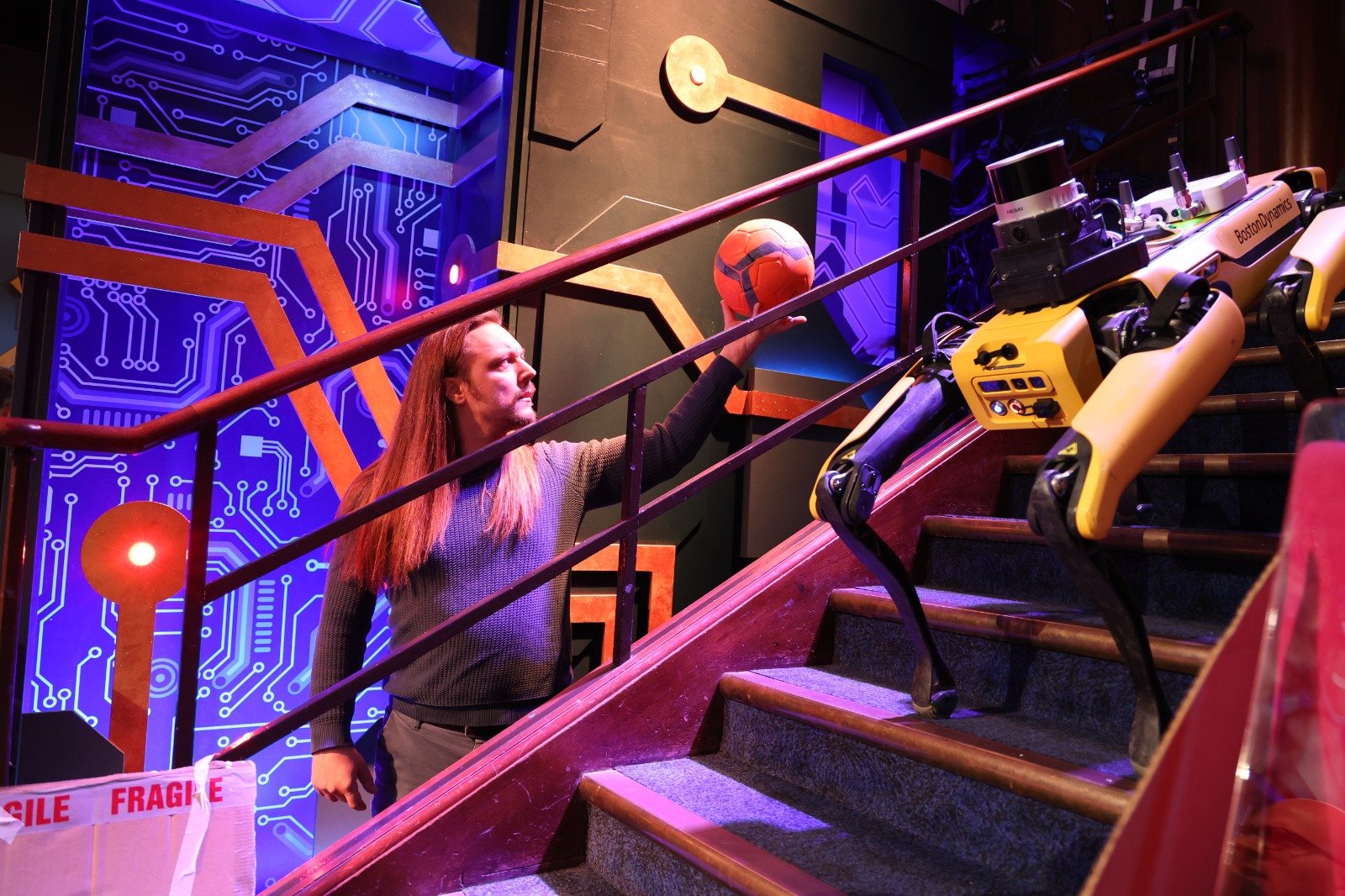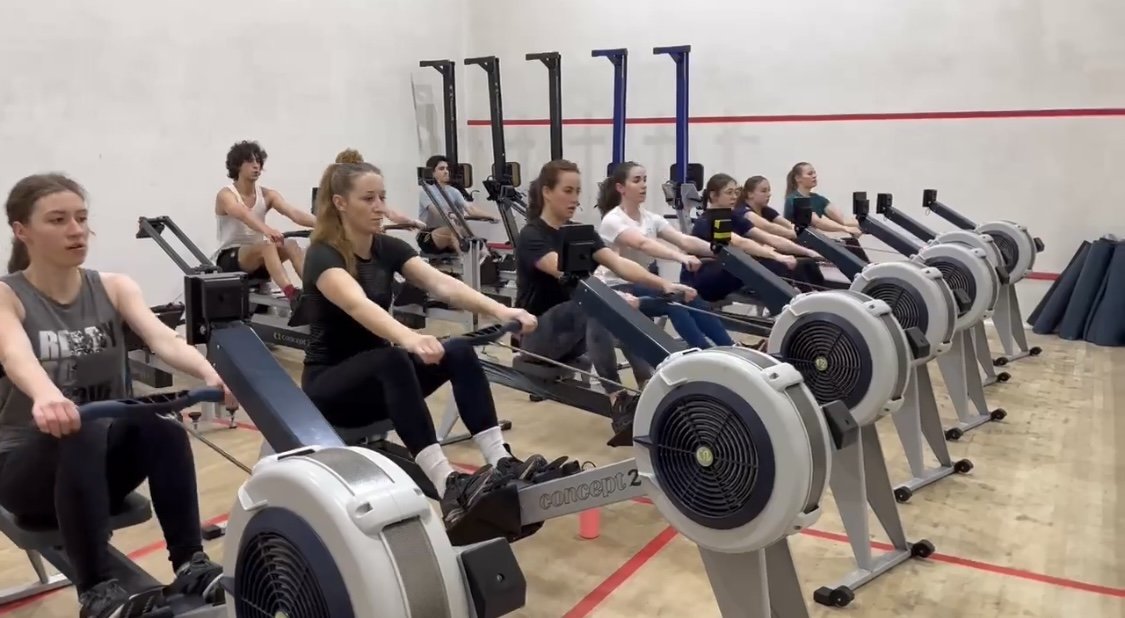Life After Cure | Theodor Sergiou
Theodor Sergiou (2020 PPE) delivering a talk on 40 years of the social model of disability.
While facing the challenges of multiple diagnoses of bilateral retinoblastoma, which left him severely visually impaired in one eye and with blindness in the other, Theodor Sergiou (2020 PPE) has dedicated his life to making a difference, growing “in gratitude for life's experience and adventures, whilst making sure everyone is in a position to do the same".
Theodor's journey through hospitals became more than just a battle against illness; it became a mission to give back to the community. Whilst an inpatient, Theodor founded the BARTs Youth Forum network, amplifying the voices of patients and advocating for integrated and personalised health care. His work extended to national platforms, including serving on guideline committees for NICE and leading initiatives at NHSE's workforce subdivision, all aimed at promoting holistic medical interventions.
Theodor recognised the need for support beyond medical treatment, explaining how he “always felt that the way to start this change is through communication and education”. In 2017, he (alongside his oncologist) co-founded the charity ‘SUCCESS: Life After Cure’ which focuses on the often-overlooked phase of life after recovery from serious illnesses like brain tumours. Through this initiative, Theodor aims to shed light on the challenges faced by survivors and foster a community where thriving is not just a possibility but a reality. Theo explains how “Whilst all money goes into young people surviving, for many, there is so much potential to truly live wasted when they do not thrive after. The push with SUCCESS is to put the 'life after' into the spotlight and investigate the true convoluted effects of surviving arbitrary traits, specifically in young people but not restricted to [them]”.
Theodor’s recent endeavour, the publication of the book Tumour Me: Stories of Life After the All Clear, marks a significant milestone in his advocacy journey. This collaborative effort with brain tumour survivors provides insights into the complexities of life post-recovery, garnering attention not only from affected families but also from the medical community. His relentless pursuit of change has resulted in discussions with influential figures like Sir David Behan and Lars Munter, signalling a promising future for integrated care and long-term follow-up support.
Beyond his charity work, Theodor's impact continues through his academic pursuits at Oxford. He describes his time at Keble as being “the most eye-opening experience I probably have ever and will ever have […] In a strange way, I feel the College and I have grown together – I don't think I have affected Keble in any way, that's not what I am saying, but simply that it has changed so much as a response to many students, pressures, a phenomenal Senior Tutor and Chaplain.”
On the topic of student support, Theodor highlighted ways that College has developed, including “the creation of the Student Support Officer, the separation of Welfare and Discipline, the introduction of Study Skills support (particularly helpful in bridging the gap between individuals facing rigid structures that disadvantage their arbitrary trait), the increased support available for students outside exams without a diagnosis, the real care for sustainability from our new Warden, the huge shift that the wonderful late College Nurse put into recovery pathways and integrated care for those with volatile health and the quick prompt return to an in-person doors open community that a lot of other colleges have not returned to post-COVID. […] Genuinely the College ought to be extraordinarily proud of itself, like I am of it. I have felt extremely supported here this year and am very grateful that the day I submitted my personal statement via UCAS, not realising what 'College' meant, I used a random generator with my friends to decide in the 11th hour.”
Looking ahead, Theodor's aspirations extend far beyond conventional career paths. While he briefly considered Law, he remains drawn to entrepreneurial ventures that align with his vision. When asked about a possible career in politics, Theodor's response embodies his belief in grassroots cultural change rather than traditional power structures: he sees himself as a community leader, driven not by titles but by a genuine desire to serve and empower others.
The College environment has challenged Theo to “connect for the worldliness of each issue I come across. I have built a solid group of friends and contacts that I am excited to play with in the future, including some fiery souls that I want to challenge my ideas against and collaborate with to build authentic projects. […] I am still from Edmonton, from which you can never take out the boy, but the ability at Keble to interact with such diversity has been both really challenging at times and much more rewarding!”









